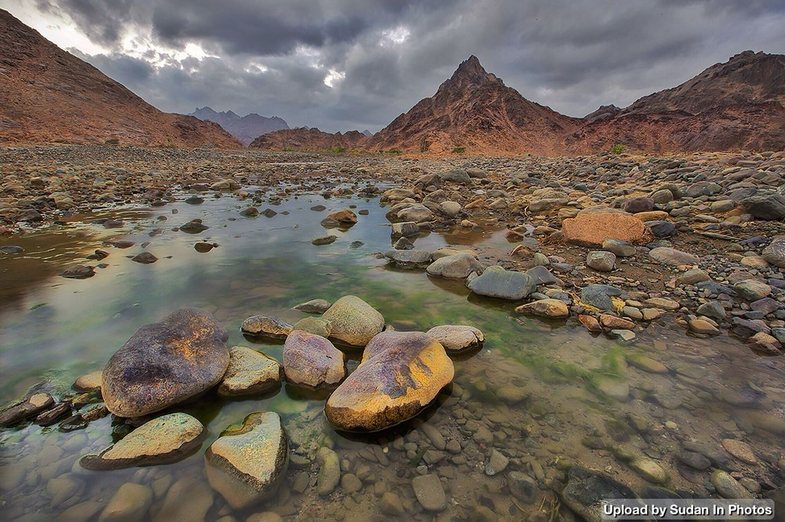
Human activity is changing the Earth’s climate unprecedentedly in thousands or hundreds of thousands of years, which means that if the measures that climate experts suggest are not taken, many countries are at risk.
From the floods: Maldives
One study predicts that many lowland islands could be uninhabitable by 2050 unless serious changes are made to slow sea level rise, citing countries such as Haiti, Fiji and the Philippines. However, there is no more endangered archipelago in the world at the moment than the Maldives. Most islands stand just a few inches above sea level.

From overheating: United Arab Emirates
Average summer temperatures in the desert climate are known to reach up to 50 ° C. Experts at the Massachusetts Institute of Technology (MIT) believe that the country’s current record temperatures will become commonplace by 2070. This means that the situation is expected to worsen over time to the point where it will be impossible to even the most heat-adapted individuals survive living there.

From extreme weather phenomena: Japan
Japonia është aktualisht vendi më i rrezikuar për vdekjet ekstreme të motit, pasi shumë rrethana ekstreme kanë ndodhur në një periudhë të shkurtër kohore, sipas një studimi të Instituti Germanwatch. Gjatë vitit 2018, Japonia pësoi tajfune, valë të të nxehtit, rrëshqitje të dheut dhe përmbytje të shpejta që ishin përgjegjëse për 1,282 vdekje. Gjetjet e Germanwatch pohojnë se nëse këto ngjarje ndodhin në një frekuencë më të madhe, ose në shkallë më të madhe, Japonia nuk do të jetë më një vend i sigurt për të jetuar.

Nga thatësira bujqësore: Sudani
Most of the African continent relies on agriculture. Over 80% of the country's population lives in rural areas that are highly dependent on agriculture and livestock. Sudan has one of the largest livestock populations on the continent consisting of cattle, sheep, goats and camels. Any disruption of this ecosystem would be devastating for the people of Sudan.

Read also:
Sources: Nature Communications, United Nations Intergovernmental Panel on Climate Change, Euronews





